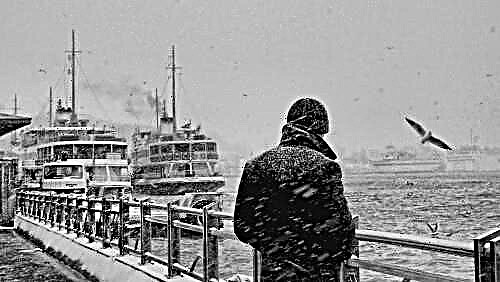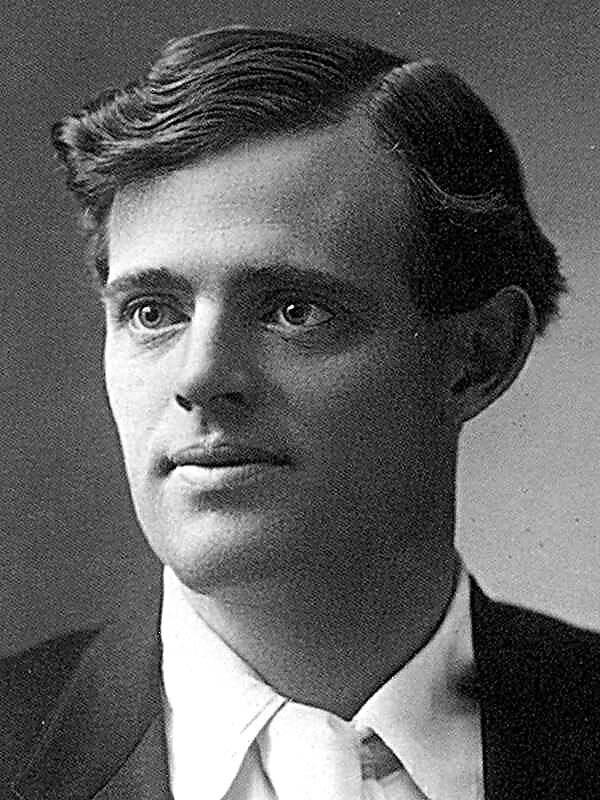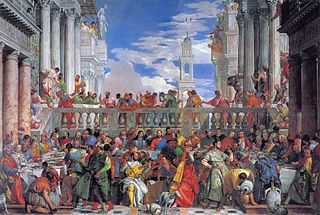William Isaac Thomas, an elder of American sociologists, outlined the basic theorem of the social sciences: "If people define situations as real, they are real in their consequences."
If Thomas' theorem and its conclusions were known more widely, more people would better understand the work of our society. And although it lacks the scope and accuracy of the Newtonian theorem, it remains no less significant due to its applicability to many social processes.
The first part of the theorem constantly reminds us that people react not only to the objective features of a situation, but also to the significance that this situation has for them. And when they attach some importance to the situation, their subsequent behavior and some consequences of this behavior are determined by this attributed value. Still sounds abstract? Let's look at an example.
It was 1932. Cartwright Millingville had good reason to be proud of the bank he headed. A significant part of his funds was liquid. The soft buzz of banking gave way to strange and annoying loud exclamations. And this was the beginning of what ended the "black environment". Cartwright Millingville never heard of Thomas's theorem. But he perfectly understood how it works. He knew that despite the relative liquidity of bank assets, rumors of bankruptcy, when a sufficient number of depositors believe in them, could lead to a bank crash.
The stability of the financial structure of the bank depends on the faith of investors in this same stability. Sometimes investors define the situation differently, and the consequences of this unrealistic definition are real. Using Thomas's theorem, the tragic history of Millingville Bank can be turned into a sociological reason, which will make it possible to understand what happened to hundreds of banks in the 1930s.
Social definitions of a situation (prophecies or predictions) become its integral component and thereby affect subsequent events. This is characteristic only of human relationships. This is not found in the natural world. The prediction regarding the return of Halley's comet does not affect its orbit. But the rumors about the bankruptcy of the Millingville bank affected the real outcome of the case.
A self-fulfilling prophecy is an initially false definition of a situation, causing a new behavior that turns false rumors into reality. The apparent validity of a self-fulfilling prophecy perpetuates error. After all, the prophet will inevitably cite the actual development of events as a confirmation of his original correctness. Nevertheless, we know that Millingville Bank was solvent and that it could survive for many years if false rumors did not create the conditions for its implementation. These are the vicissitudes of social logic.
The application of Thomas's theorem shows that the tragic, often even vicious circle of self-fulfilling prophecies can be broken. It is necessary to abandon the initial definition of a situation that triggers a circular motion. And when the initial assumption is called into question and a new definition of the situation is introduced, the subsequent development of events refutes the assumption. And then belief ceases to define reality.
But to question such deeply rooted definitions of a situation, mere desire is not enough. For example, conducting “educational campaigns” alone cannot defeat racial prejudice and discrimination.The appeal to education as a panacea for a variety of social problems is deeply rooted in the minds of Americans. However, this is an illusion. Education can serve as a working complement, but not the main basis for a painfully slow change in attitudes prevailing in racial relations.
In order to better understand why, during educational campaigns, one cannot count on eradicating the prevailing ethnic hatred, we need to consider the actions of “our” and “alien” groups in our society. Ethnically “alien” groups consist of all those who, in our opinion, are significantly different from “us” in terms of nationality, race or religion. “Own” group consists of those who “belong” to it. Under the dominance of “their own” dominant group, “aliens” constantly suffer from prejudice: the virtues of “their” group become vices of the “alien”. Or, "no matter what you do, it's all the same to blame."
Contrary to superficial perceptions, prejudice and discrimination directed at a “alien” group are not the result of the actions of “aliens”; on the contrary, they are deeply rooted in the structure of our society and the social psychology of its members. The same qualities are evaluated differently depending on what kind of person shows them: Abraham Lincoln in the “own” group or Abraham Cohen / Abraham Kurokawa in the “alien” group.
Lincoln worked until late at night? This testifies to his diligence, hardness and desire to reveal his abilities to the full. Do Jews or Japanese work the same? This testifies to their “ant” mentality, their ruthless undermining of American standards, their unfair competition. The hero of "his" group is frugal, economical and modest, while the villain of the "alien" group is stingy, tight-fisted and stingy. Lincoln did not recognize the norms of his provincial community? This is to be expected from an outstanding person. And if the members of the “alien” group criticize the vulnerable areas of our society, then let them go where they came from.
But we need to resist the temptation to repeat the same mistake by simply changing signs in assessing the moral status of “our” and “alien” groups. This does not mean that all Jews and blacks are angels, and all non-Jews and whites are devils. This does not mean that the virtue and vices of the individual in ethno-racial relations have now changed places. It is possible that among blacks and Jews there are as many vicious and evil people as among non-Jews and whites. The fact is that the ugly wall that separates “their” group from “strangers” prevents them from being treated like people.
In some circumstances, the imposition of certain restrictions on the “alien” group — say, rationing the number of Jews who are allowed to enter colleges and vocational schools — logically follows from a fear of the alleged superiority of the “alien” group. If things were different, there would be no need for discrimination.
Belief in the superiority of an “alien” group seems premature. Scientific evidence supporting the superiority of Jews or Japanese is simply not enough. Attempts by supporters of discrimination from "their" group to replace the myth of Aryan superiority with the myth of the superiority of non-Aryans, from the point of view of science, are doomed to failure. Moreover, such myths are unreasonable. Ultimately, life in the world of myth must come into conflict with facts in the world of reality. Therefore, from the point of view of simple egoism and social therapy, it may be reasonable for “their” group to abandon the myth and come closer to reality.
Will this miserable tragicomedy go on and on with minor changes in the cast? Not necessary. There is sufficient evidence that the vicious cycle of self-fulfilling prophecy in society can be interrupted by conscious and planned actions. The key to how this can be achieved is the continuation of our sociological parable about the bank.
In the glorious 1920s, during the republican era of prosperity, an average of 635 banks ceased to operate on average per year without much ado. And in the four years before and after the Great Crash, during the republican era of stagnation and depression, the number of banks that ceased their activities, increased markedly and amounted to an average of 2,276 banks per year. But it is curious that after the creation of the Federal Deposit Insurance Corporation under Roosevelt’s board and the adoption of new banking legislation, the number of banks to be closed dropped to an average of 28 per year. Perhaps the institutional introduction of legislation does not contribute to the disappearance of monetary panic. Nevertheless, millions of depositors no longer have a reason to panic to flee to banks simply because conscious institutional changes have removed the basis for panic.
The causes of racial enmity are associated with innate psychological constants no stronger than the reasons for panic. Despite the teachings of amateur psychologists, blind panic and racial aggression are not rooted in human nature. These patterns of human behavior are largely a product of the changing structure of society.
Such changes do not occur on their own. A self-fulfilling prophecy, as a result of which fears become reality, is valid only in the absence of sound institutional control. And only with the rejection of social fatalism, which is contained in the concept of an unchanging human nature, can the tragic circle of fear, social distress, and even greater fear be broken.
Ethnic prejudice will die, but not quickly. Oblivion can help this, that is, not a statement that they are unreasonable and do not deserve to be preserved, but an end to the support provided to them by certain institutions of our society.
If we doubt the power of a person over ourselves and our society, if we are inclined to see features of the future in samples of the past, then it may be time to recall Tocqueville's old remark: “It seems to me that the so-called necessary institutions are often those institutions to which we they’re just used to it, and that in matters of the structure of society, the scope of opportunities is much wider than people living in different societies are prepared to assume. ”












